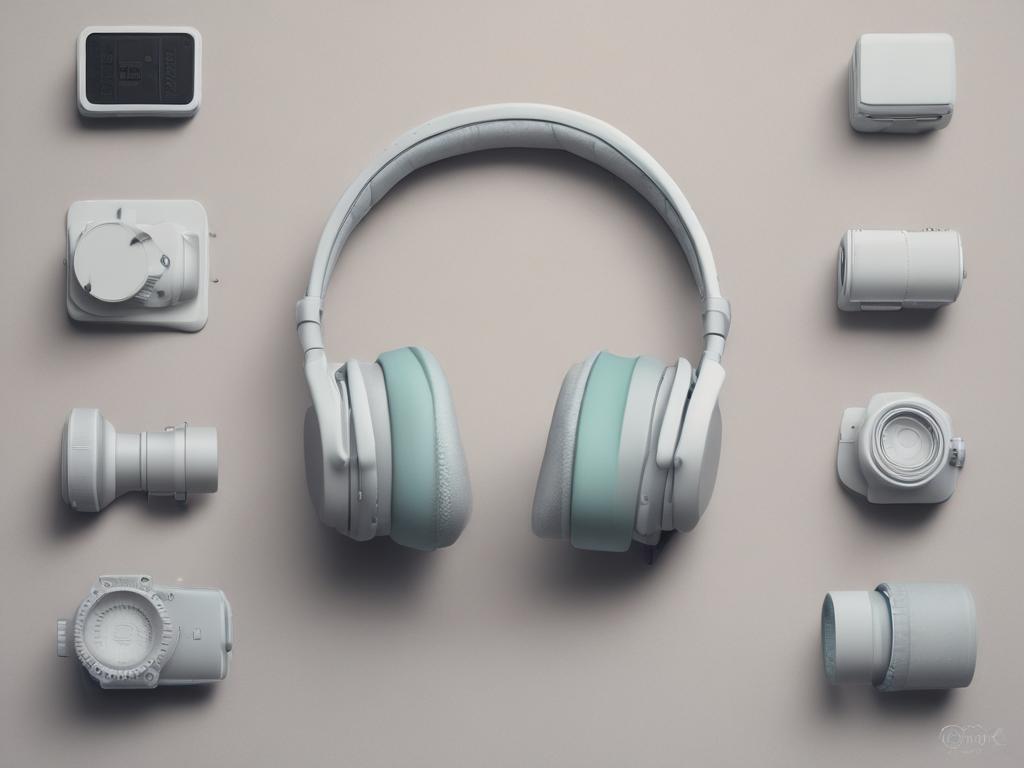Anxiety has become a common struggle for many. As we navigate stressors from work, relationships, and daily responsibilities, finding practical solutions is more critical than ever. Wearable technology offers a promising avenue for individuals seeking to manage their anxiety. You can gain valuable insights into your mental health by leveraging tools that monitor physiological signals and track emotional patterns.
This blog post will highlight signs you could help your anxiety with wearable technology, empowering you to take control of your well-being.
Many people overlook subtle signals from their bodies that indicate their mental health may need attention. If you frequently feel overwhelmed but can't pinpoint the source of your anxiety, it may be time to explore how wearable technology could offer relief. Tracking your physiological responses, such as heart rate variability and stress levels, can provide valuable insights into your emotional state. By recognizing these signs, you can take proactive steps to manage your anxiety more effectively with tech support.
Wearable devices can help you monitor your physical health, offering real-time data that may correlate with your anxiety levels. Are you experiencing heightened heartbeat and perspiration during stressful moments? Devices that track these physiological markers can help you identify patterns and triggers that contribute to your anxiety. Additionally, setting reminders to check in on your mental health or incorporating mindfulness exercises into your daily routine can create a more holistic approach to managing anxiety. Embracing wearable technology can empower you to reclaim your peace of mind.
Sleep is a critical component of mental well-being, and disrupted sleep patterns can significantly exacerbate anxiety levels. If you find yourself tossing and turning at night or waking up multiple times, it may be a sign that your body is struggling to achieve restorative rest. Wearable technology, such as fitness trackers and smartwatches, can monitor your sleep stages and duration, providing valuable insights into your nightly habits.
Further, information gathered from wearables can help you create a bedtime routine that supports relaxation and deeper sleep. For example, a wearable device might alert you to an increase in heart rate or irregular patterns in your breathing—both indicators of anxiety that can impact your ability to fall asleep. With this data in hand, you can implement changes such as limiting screen time before bed, practicing mindfulness or breathing exercises, or adjusting your sleep environment.
In today’s fast-paced world, many individuals find themselves experiencing heightened anxiety. Recognizing the specific moments when anxiety rises is crucial for effective management. Wearable technology, such as smartwatches or fitness trackers, can help you pinpoint these anxious times. Many devices have built-in features like heart rate monitors or stress-tracking sensors that provide real-time data. By regularly reviewing your data, you can identify patterns and specific situations that trigger your anxiety. This awareness empowers you to develop coping strategies and modify your environment to minimize stressors.
Once you identify your anxious moments, wearables can support you in real time. For example, if your heart rate spikes during stressful meetings or social situations, your device can send reminder alerts to practice calming techniques, such as deep breathing. Additionally, some wearables offer guided meditation sessions or mindfulness exercises that you can initiate at the push of a button when you feel anxiety creeping in. By actively using your wearable technology to monitor and respond to your anxiety triggers, you can take proactive steps toward reducing anxiety and fostering emotional well-being.
Our rental services at Doha Inc. allow users to try exciting new devices such as the 5G laptop and other wearable devices. Contact us today to learn more about our products.
